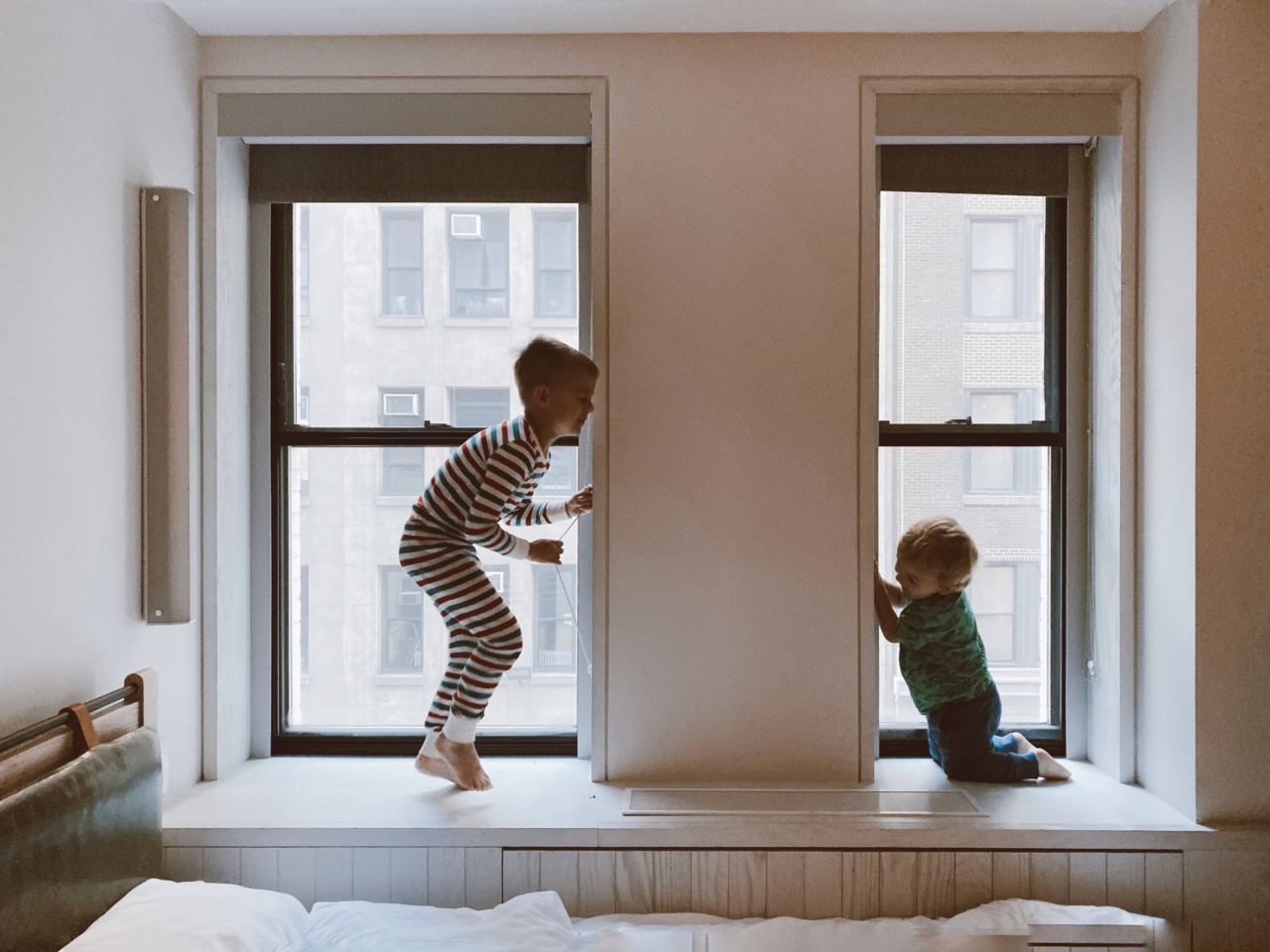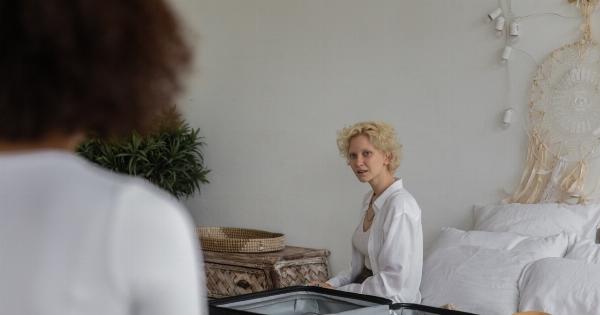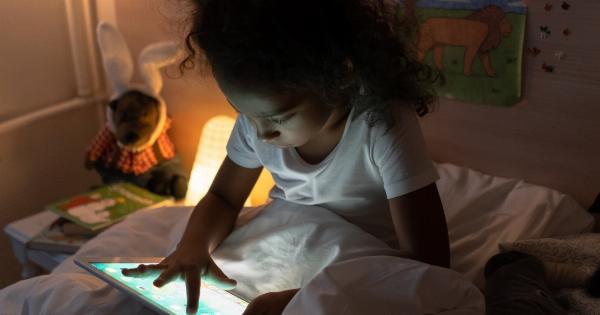For many people, having a TV in the bedroom is a must-have. It allows them to wind down and relax after a long day or catch up on their favorite shows before falling asleep.
However, there is one important thing to keep in mind if you’re someone who likes to fall asleep with the TV on: make sure to leave it playing or else you may find yourself struggling to fall asleep and feeling restless throughout the night.
Why Leaving the TV on is Important
Although it may seem counterintuitive, leaving the TV on in the bedroom can actually help you fall asleep faster and sleep more soundly. There are several reasons for this:.
1. White Noise
The gentle hum of the TV can create white noise that can help mask other noises in the environment that might otherwise keep you awake.
For example, if you live in a noisy apartment complex or have a partner who snores, white noise can help block out those sounds and create a more peaceful sleeping environment.
2. Comforting Presence
For some people, having the TV on in the background can create a comforting presence that helps them relax and fall asleep more easily. It can be particularly helpful for people who live alone and may feel anxious or lonely at night.
3. Distraction from Racing Thoughts
If you tend to lay in bed at night with racing thoughts or feel anxious before falling asleep, the TV can provide a much-needed distraction.
By focusing on the plot of a show or movie, your mind can relax and let go of the anxieties that might otherwise keep you up at night.
What Happens When You Turn the TV Off?
On the other hand, if you’re someone who likes to fall asleep with the TV on but turns it off before you actually fall asleep, you may find yourself struggling to get a good night’s rest. This is because:.
1. You’re Suddenly in Silence
When you turn the TV off, the comforting presence and white noise that it provided are suddenly gone. This can make you feel more alert and less relaxed, making it harder to fall asleep.
2. Your Brain is Still Active
Even if you’re tired and ready to fall asleep, turning the TV off can activate your brain and make it more difficult to drift off.
Research has shown that exposure to bright lights and screens before bed can suppress the production of the hormone melatonin, which regulates sleep. Turning off the TV can signal to your brain that it’s time to produce melatonin and start the sleep process, but it can take some time for this to happen.
3. Your Mind Can Start Racing Again
If the TV was helping to distract you from racing thoughts or anxiety, turning it off can suddenly bring those thoughts back to the forefront of your mind. This can cause you to feel more awake and alert, making it harder to fall asleep.
The Solution: Leave the TV On
So, what’s the solution? If you’re someone who likes to fall asleep with the TV on, it’s important to leave it playing throughout the night.
This will help you maintain the white noise and comforting presence that can help you fall asleep faster and sleep more soundly.
But what about the light from the TV? Won’t that keep you awake? While it’s true that exposure to bright lights and screens before bed can interfere with sleep, the amount of light emitted from a TV is generally not enough to cause significant disruption. Additionally, there are settings on most TVs that allow you to adjust the brightness and color temperature to reduce the amount of blue light emitted, which can be particularly disruptive to sleep.
Other Tips for Better Sleep
While leaving the TV on can be helpful for some people, there are other things you can do to ensure a good night’s rest:.
1. Create a Calming Environment
Make sure your bedroom is conducive to sleep by creating a calm and relaxing environment.
This may include keeping the room cool, dark, and quiet, investing in a comfortable mattress and pillows, and using aromatherapy or calming music to help you wind down.
2. Establish a Bedtime Routine
Establishing a consistent bedtime routine can help signal to your brain that it’s time to start winding down and getting ready for sleep. This may include taking a warm bath, reading a book, or doing some gentle stretches before bed.
3. Limit Screen Time Before Bed
While the light emitted from a TV may not be enough to significantly disrupt sleep, exposure to other screens such as smartphones, tablets, and computers can be.
Try to limit your screen time before bed and avoid using electronic devices in the hour leading up to bedtime.
4. Avoid Caffeine and Alcohol Before Bed
Caffeine and alcohol can interfere with sleep and make it more difficult to fall asleep and stay asleep. Avoid consuming these substances in the hours leading up to bedtime.
Conclusion
If you’re someone who likes to fall asleep with the TV on, don’t be afraid to leave it playing throughout the night. This can help you fall asleep faster and sleep more soundly.
However, remember to take other steps to create a calm and comfortable sleeping environment, establish a consistent bedtime routine, and limit screen time before bed for optimal sleep.



























